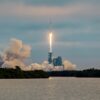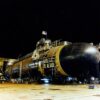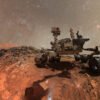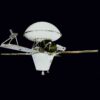NASA is known for its iconic missions like Apollo 11 and the Mars rovers, but there have been many lesser-known projects that quietly contributed to space exploration. These obscure missions may not have made headlines, yet their discoveries and advancements played an important role in shaping what we know about space today. In this article, we’ll explore 15 of these fascinating NASA missions that you’ve probably never heard of.
Contents
Pioneer 10
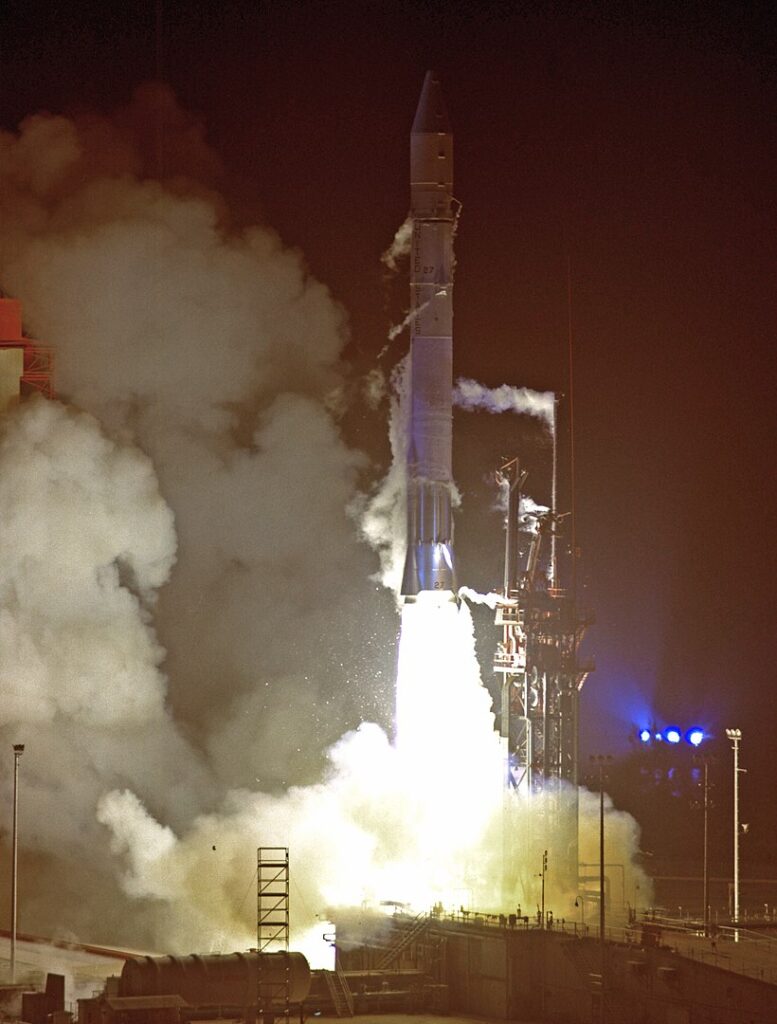
As the first spacecraft to fly through the asteroid belt and make a close encounter with Jupiter, Pioneer 10 paved the way for future outer planet missions. Launched in 1972, it provided unprecedented images and data on Jupiter’s magnetosphere, atmosphere, and moons. Its successful journey through the asteroid belt also dispelled fears that spacecraft would be destroyed by debris, making it a critical mission for further exploration beyond the asteroid belt.
Pioneer 11
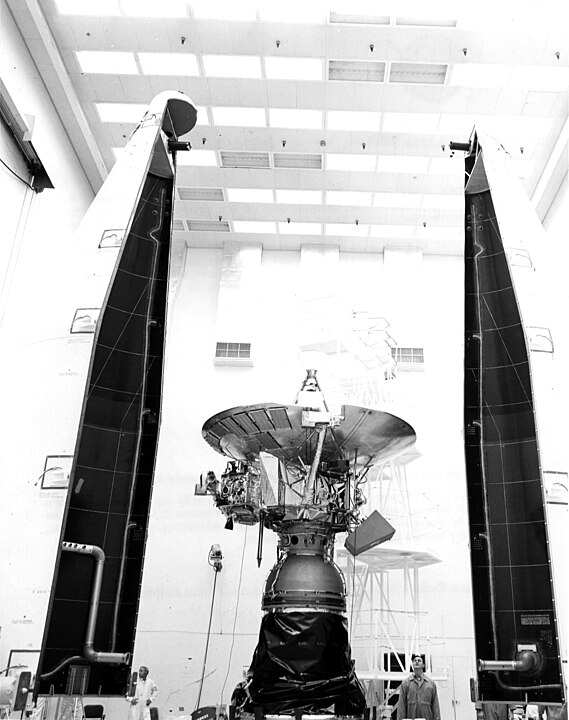
Pioneer 11 followed in the footsteps of Pioneer 10 but with a new target: Saturn. It became the first spacecraft to fly by Saturn in 1979, offering close-up images and valuable data on Saturn’s rings and its largest moon, Titan. This mission was crucial in our early understanding of the gas giants and their environments, influencing future exploration missions like Cassini.
Surveyor Program
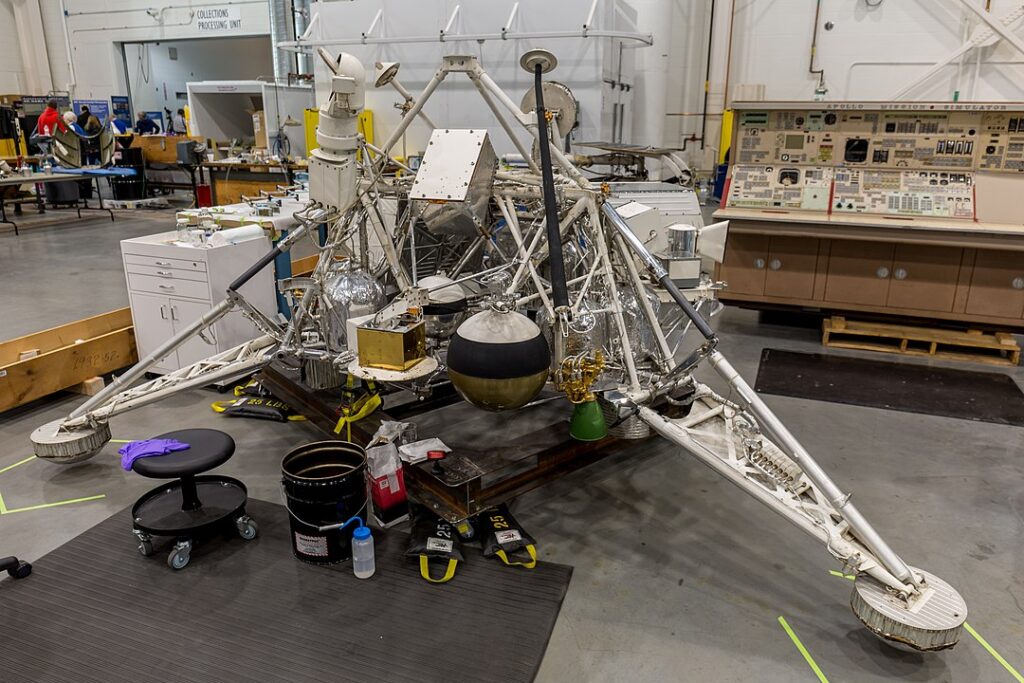
This series of unmanned missions to the Moon was an essential precursor to the manned Apollo landings. Between 1966 and 1968, the Surveyor Program successfully landed five spacecraft on the lunar surface, gathering critical data on soil composition and topography. Without the insights from these missions, the Apollo landings would have faced far more unknowns.
Orbiting Carbon Observatory (OCO)
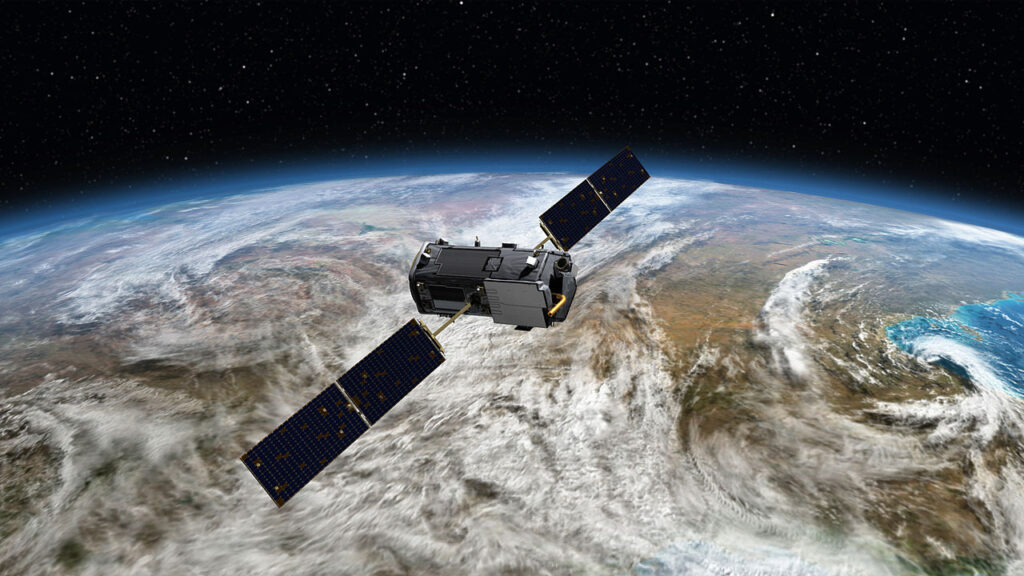
Designed to monitor atmospheric carbon dioxide, OCO aimed to provide a better understanding of Earth’s carbon cycle and the impact of human activity on climate change. Although the first mission failed at launch, OCO-2, launched in 2014, continues to deliver critical data on CO2 concentrations around the world.
SOHO (Solar and Heliospheric Observatory)
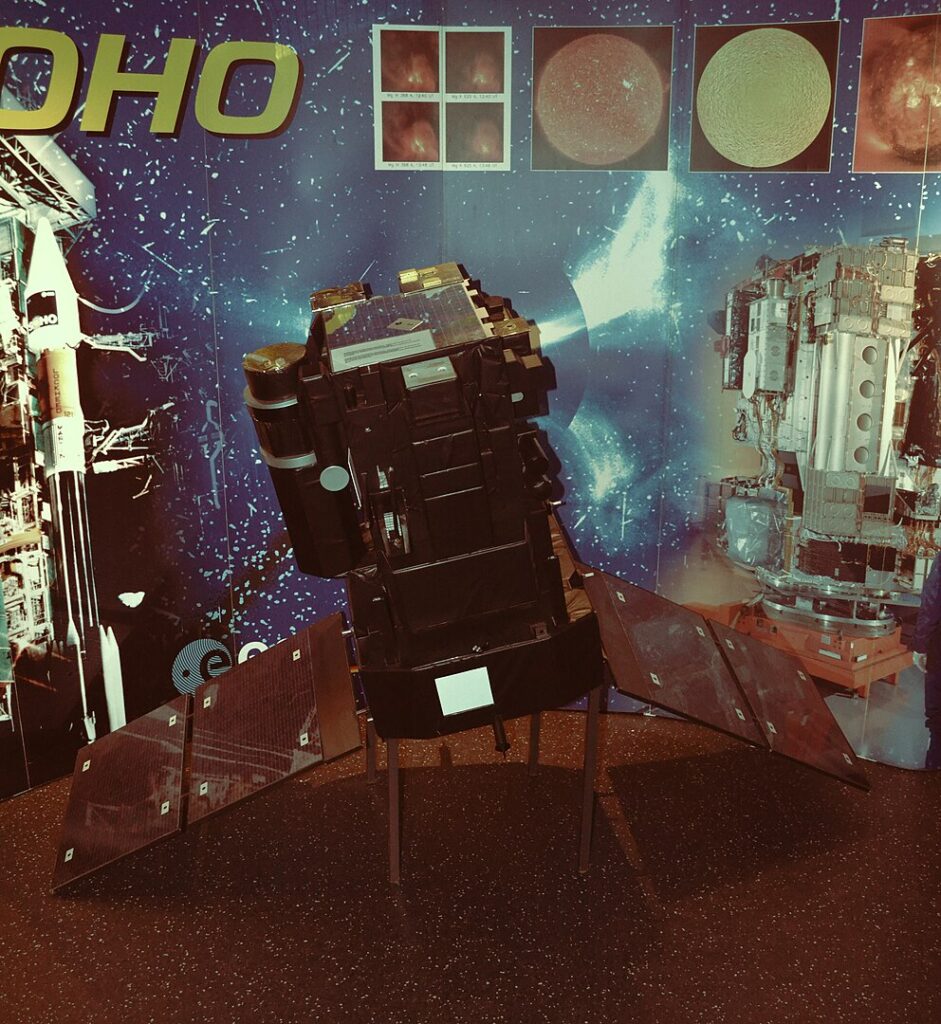
SOHO has been observing the Sun since 1995, providing vital data on solar activity, including solar flares and coronal mass ejections. This information helps scientists understand the solar wind and its impact on Earth’s magnetosphere, which can affect satellite communications and power grids.
Galileo Probe
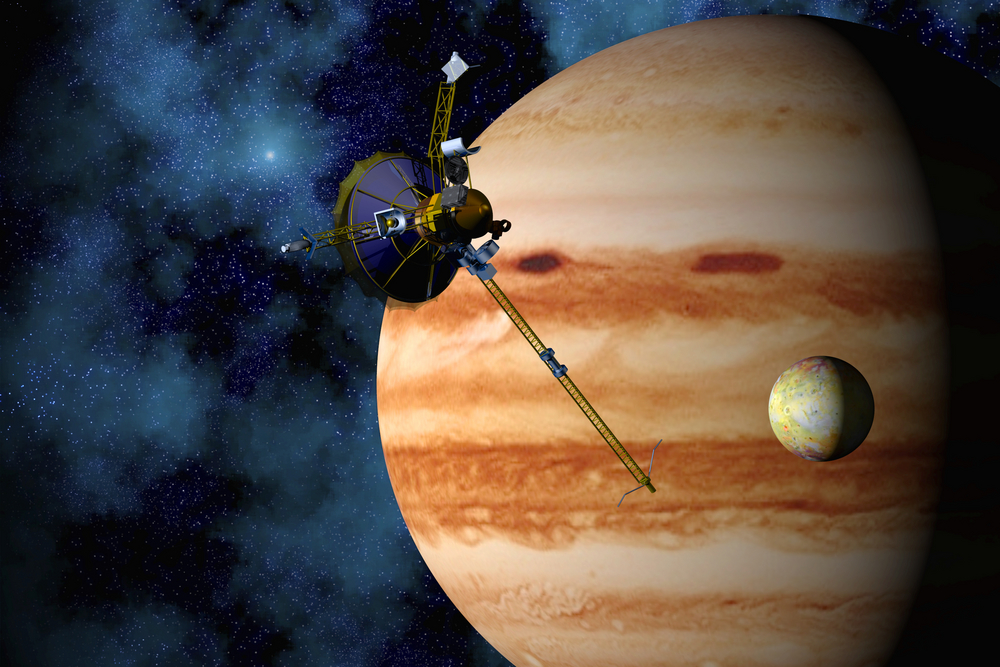
Launched in 1989, the Galileo Probe was the first spacecraft to enter Jupiter’s atmosphere. As part of the larger Galileo mission, it provided groundbreaking data on the composition and dynamics of Jupiter’s atmosphere, revealing details about its weather systems and cloud structures, and laying the groundwork for later Jupiter missions like Juno.
Deep Space 1
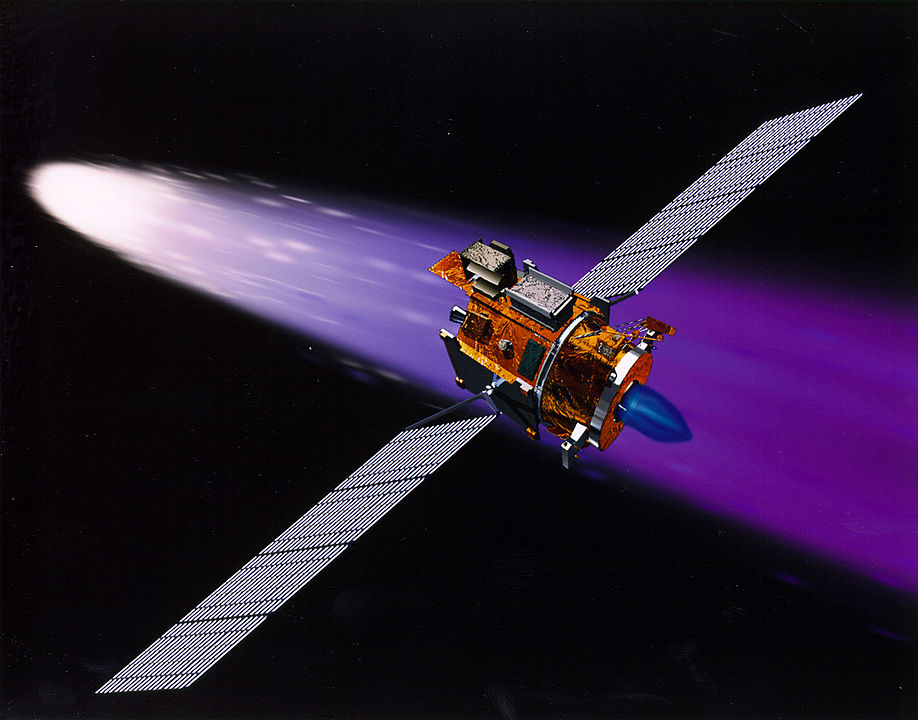
This mission, launched in 1998, was a technology demonstration that tested ion propulsion, a new and highly efficient means of powering spacecraft. Though obscure, Deep Space 1’s success in testing this propulsion technology has influenced future missions, including the Dawn spacecraft.
Explorer 1
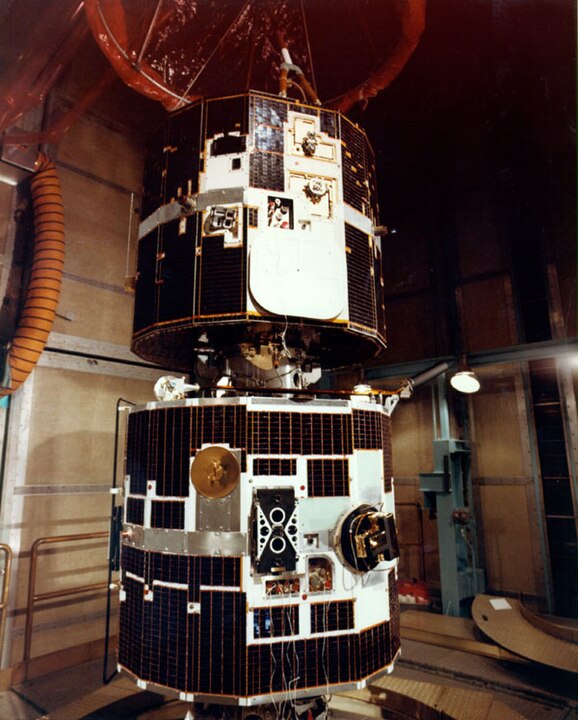
Although overshadowed by later missions, Explorer 1 was a significant milestone as it marked the first successful satellite launched by the U.S. in 1958. This mission also discovered the Van Allen radiation belts, a key element in understanding Earth’s magnetic environment and protecting future spacecraft from radiation damage.
Mars Observer
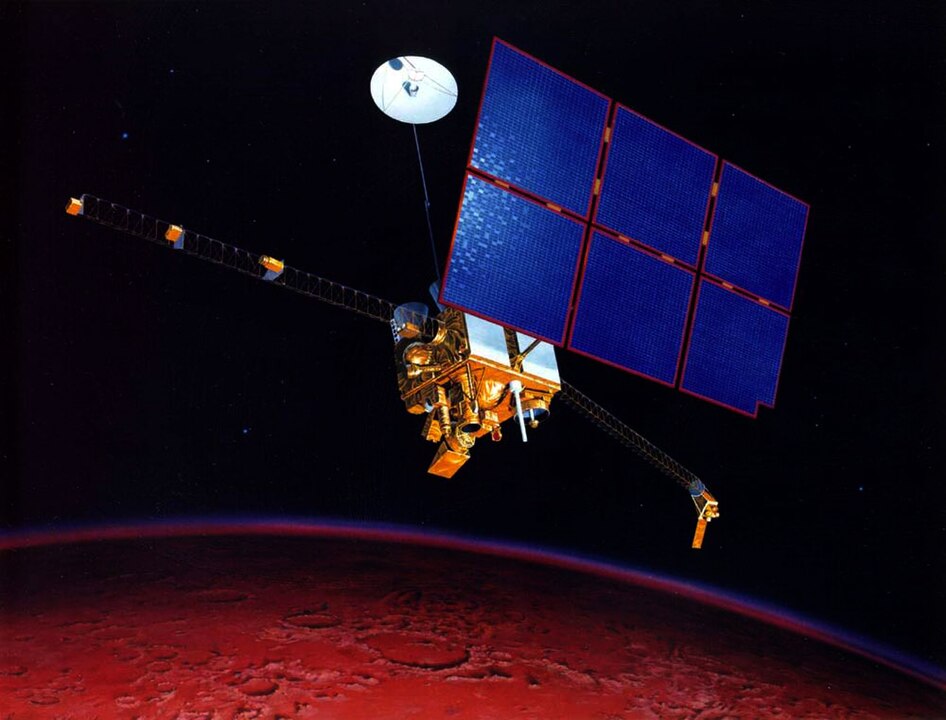
Designed to study the Martian surface and atmosphere, the Mars Observer was NASA’s first dedicated Mars mission since the Viking program. Although it lost contact just before reaching Mars in 1993, it marked a renewed interest in Mars exploration and set the stage for subsequent missions like Mars Global Surveyor.
WISE (Wide-field Infrared Survey Explorer)
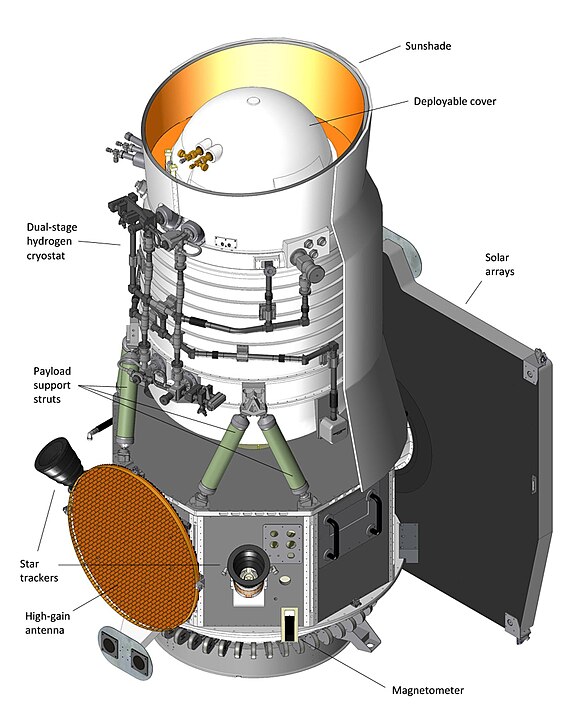
Launched in 2009, WISE surveyed the entire sky in infrared light, uncovering brown dwarfs, nearby asteroids, and distant galaxies. Its discoveries significantly advanced our understanding of objects that are difficult to detect with visible light, such as cold stars and star-forming regions.
Apollo-Soyuz Test Project
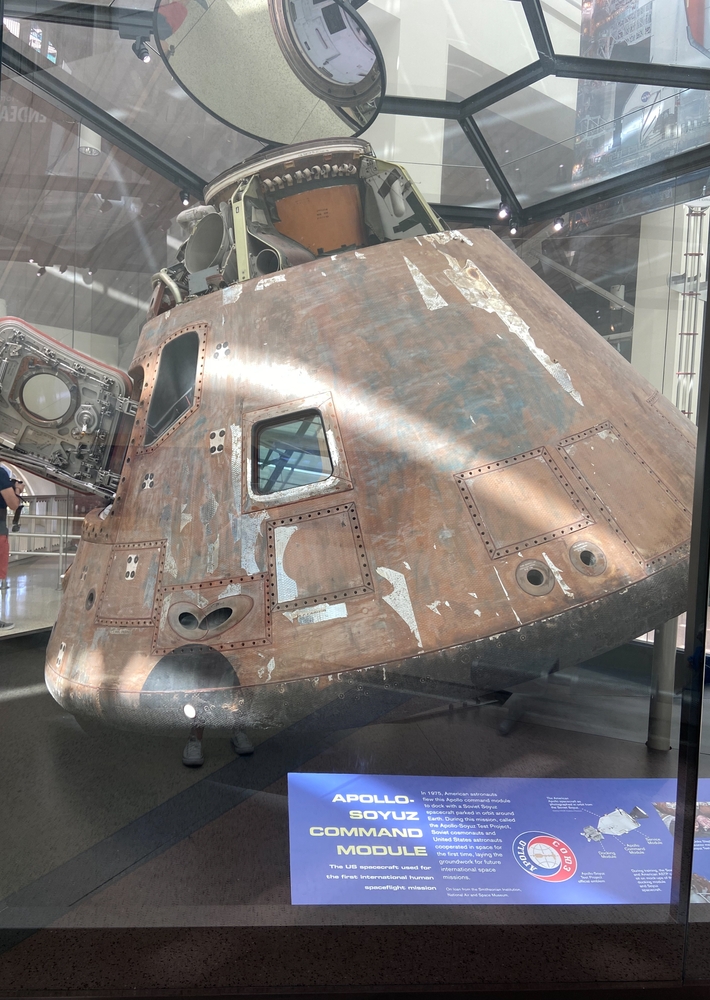
This 1975 mission was a historic moment in spaceflight, marking the first international human spaceflight between the U.S. and the Soviet Union. It symbolized a thaw in Cold War relations and tested the compatibility of U.S. and Soviet spacecraft systems for future cooperative efforts in space exploration.
New Horizons
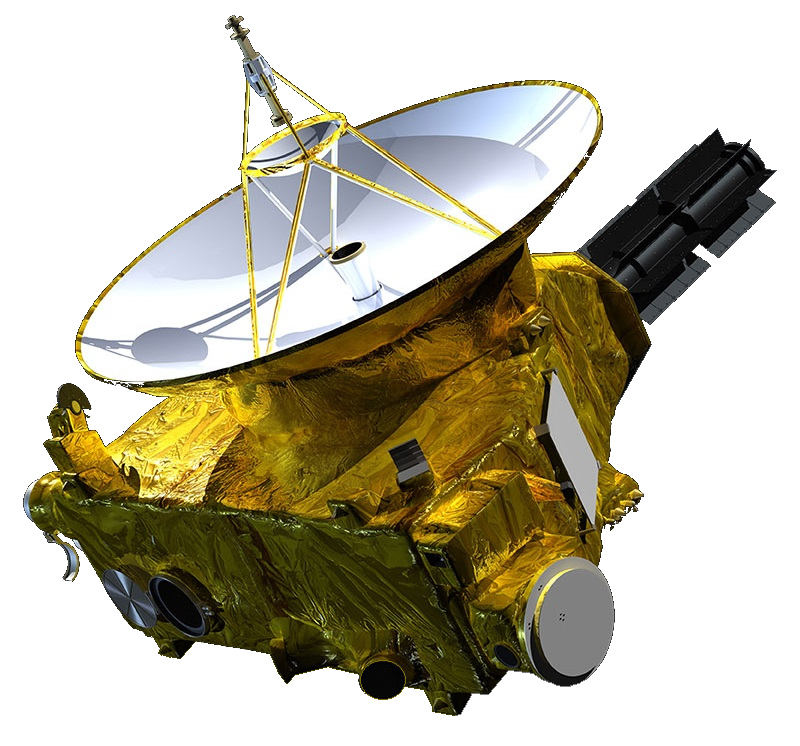
Although initially obscure, New Horizons became widely known for its 2015 flyby of Pluto. This mission provided humanity’s first close-up images of Pluto and its moons, offering insight into the Kuiper Belt and marking a significant achievement in the exploration of the outer solar system.
Lunar Orbiter Program
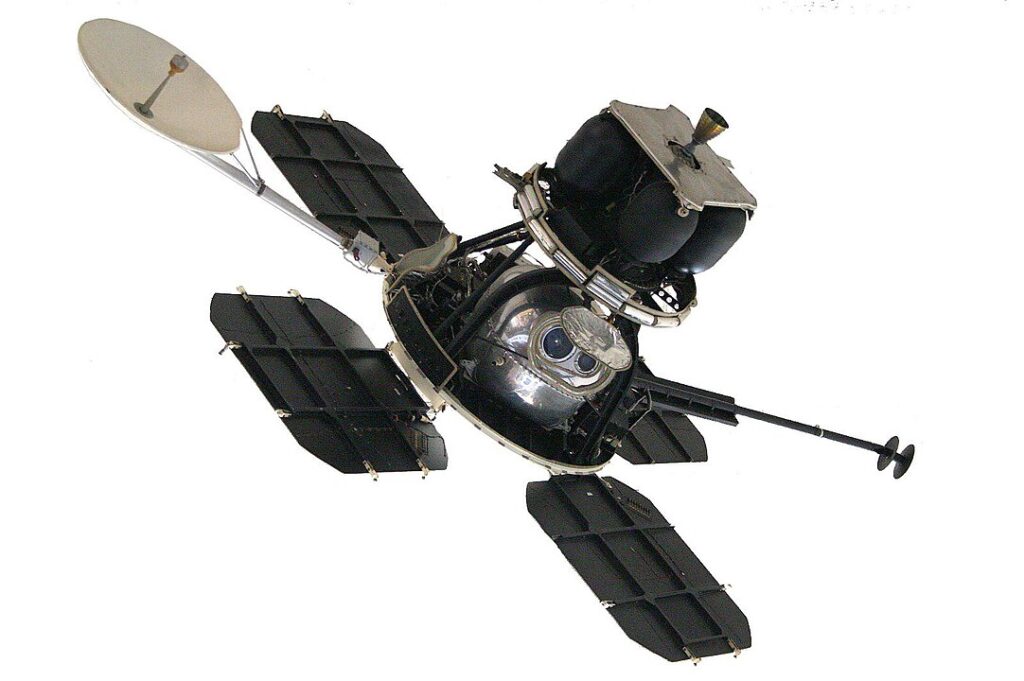
The five Lunar Orbiter missions from 1966 to 1967 mapped 99% of the Moon’s surface, providing essential data for the Apollo landings. These high-resolution images helped select landing sites for the Apollo missions and offered the first detailed views of the lunar surface.
Viking 1
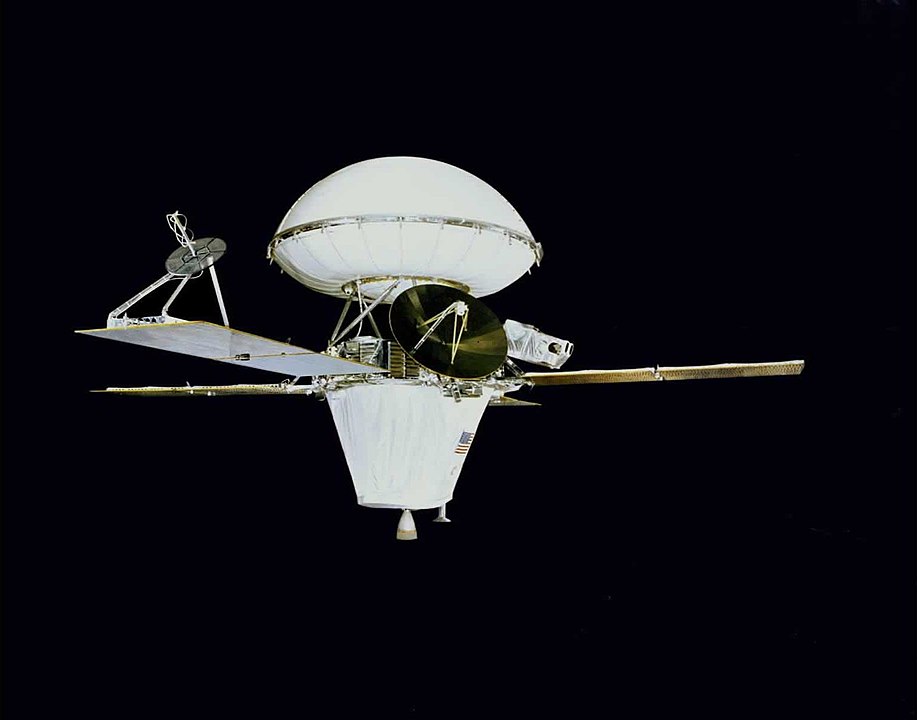
Launched in 1975, Viking 1 was the first spacecraft to successfully land on Mars and send back images from the surface. It was part of the larger Viking program, which provided the first detailed data on Mars’ surface and atmosphere, including its weather and potential for life.
MAVEN (Mars Atmosphere and Volatile EvolutioN)
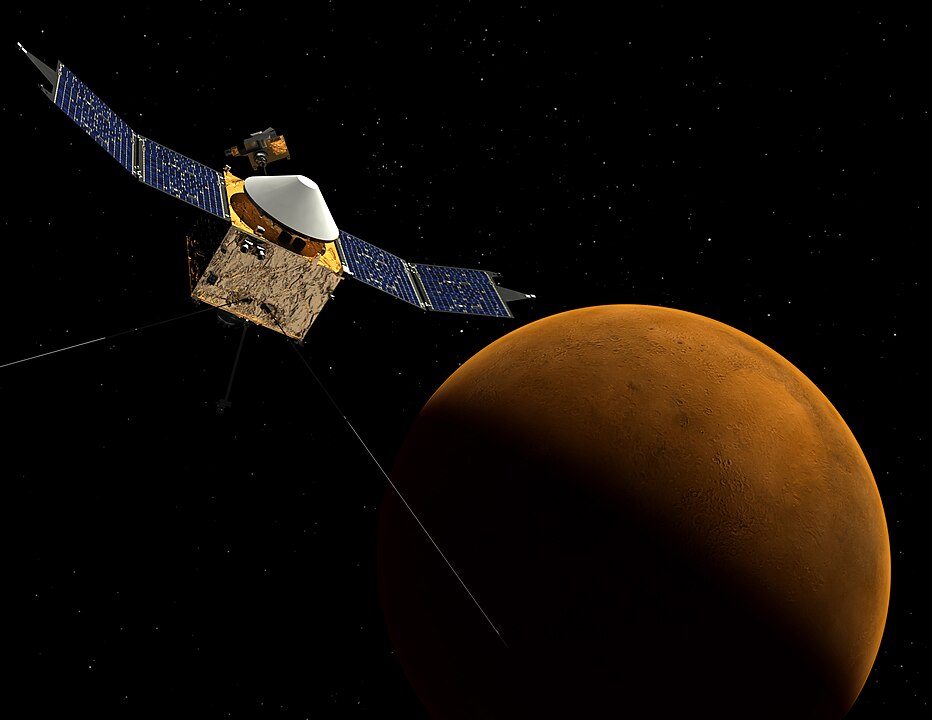
Launched in 2013, MAVEN studies the upper atmosphere of Mars to understand how it lost its atmosphere over time. Its data has helped reveal the history of water on Mars, which is key to understanding the planet’s potential for hosting life in the past.
This article originally appeared in MyCarMakesNoise.
More from MyCarMakesNoise
20 Old-School Vans That Have Lost Their Appeal

There’s something undeniably nostalgic about old-school vans, but not all of them have stood the test of time. Once beloved for their quirky designs and practical uses, many of these classic vehicles have now faded into the background, losing the appeal they once had. Read More
Discover 5 Unexpected Ducati-Branded Accessories

When you think of Ducati, motorcycles probably come to mind first. But this iconic brand has expanded far beyond just bikes. In this article, we’re uncovering 5 unexpected Ducati-branded accessories that will surprise even the most dedicated fans. Read More
25 Best Convertible Rides for a Perfect Summer Day

There’s nothing quite like the feeling of the wind in your hair and the sun on your face as you cruise down the road in a convertible. Whether you’re planning a scenic drive along the coast or just want to enjoy a perfect summer day, a convertible is the ultimate way to elevate your driving experience. Read More






